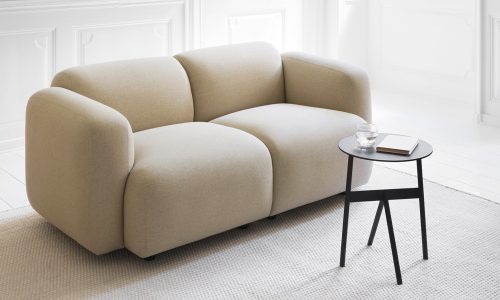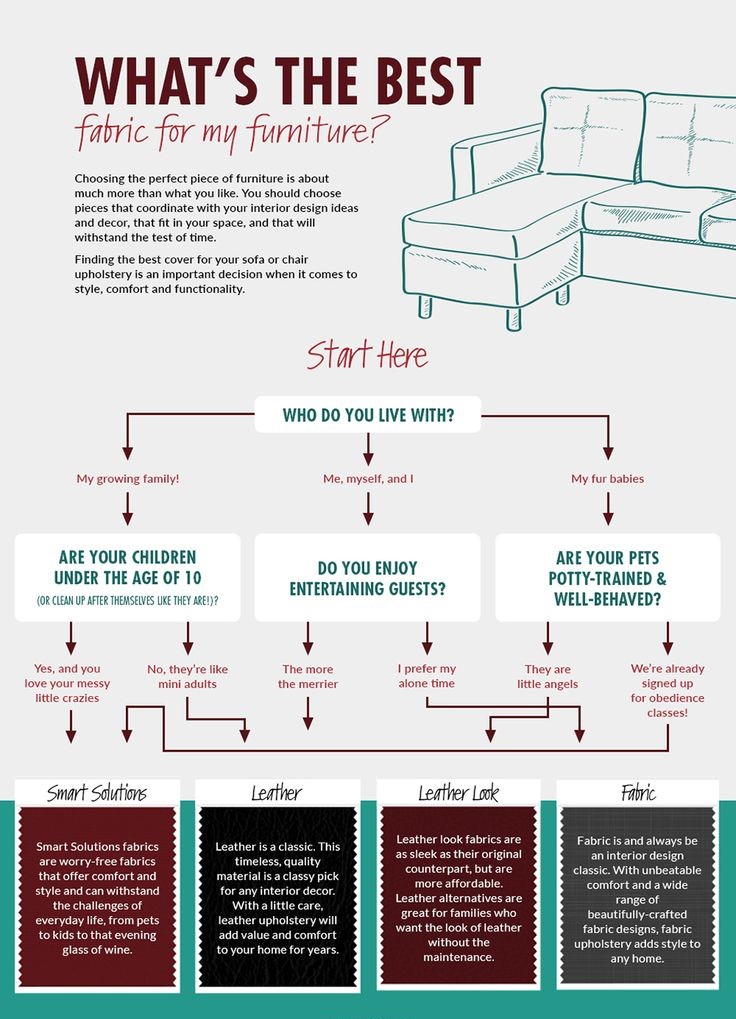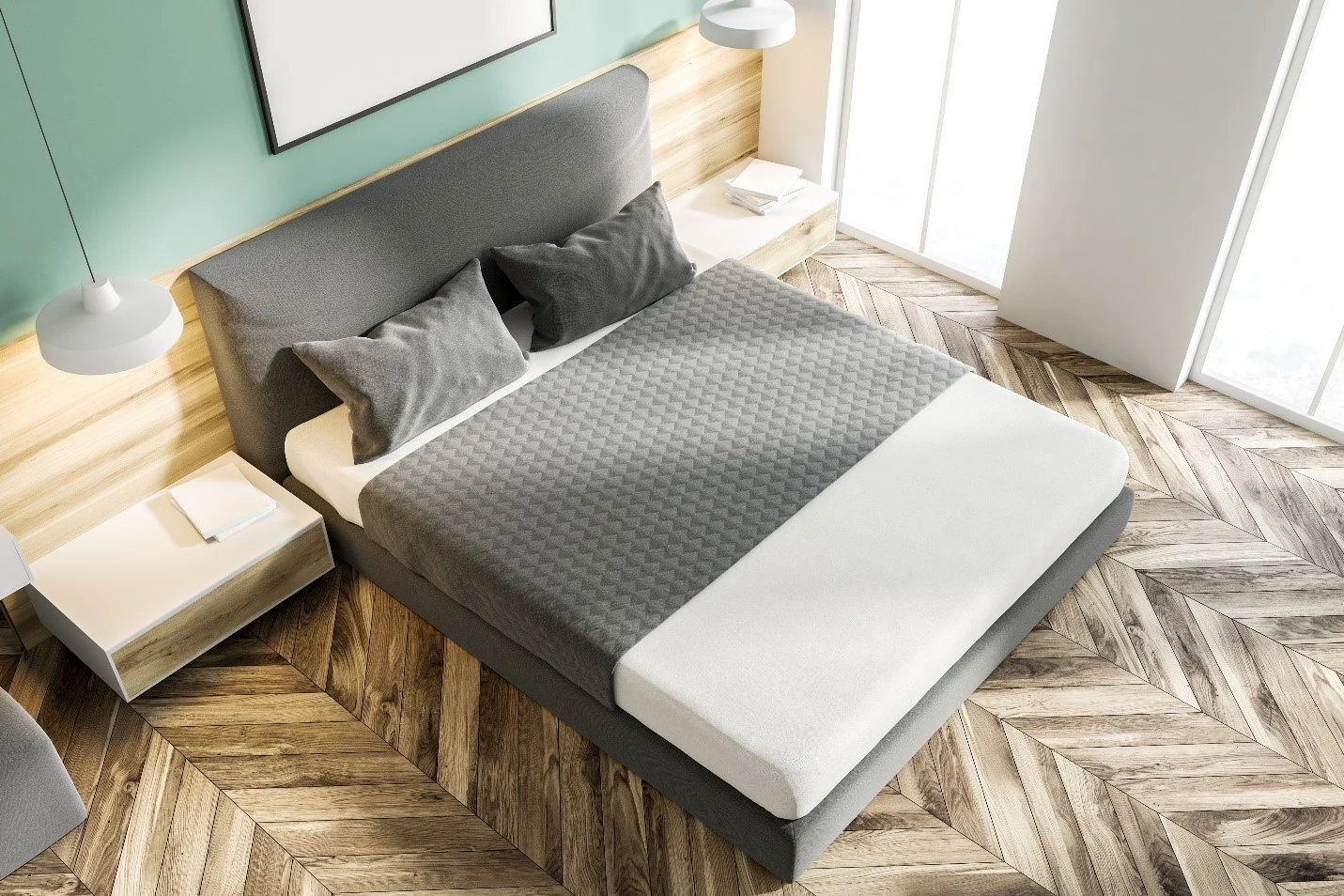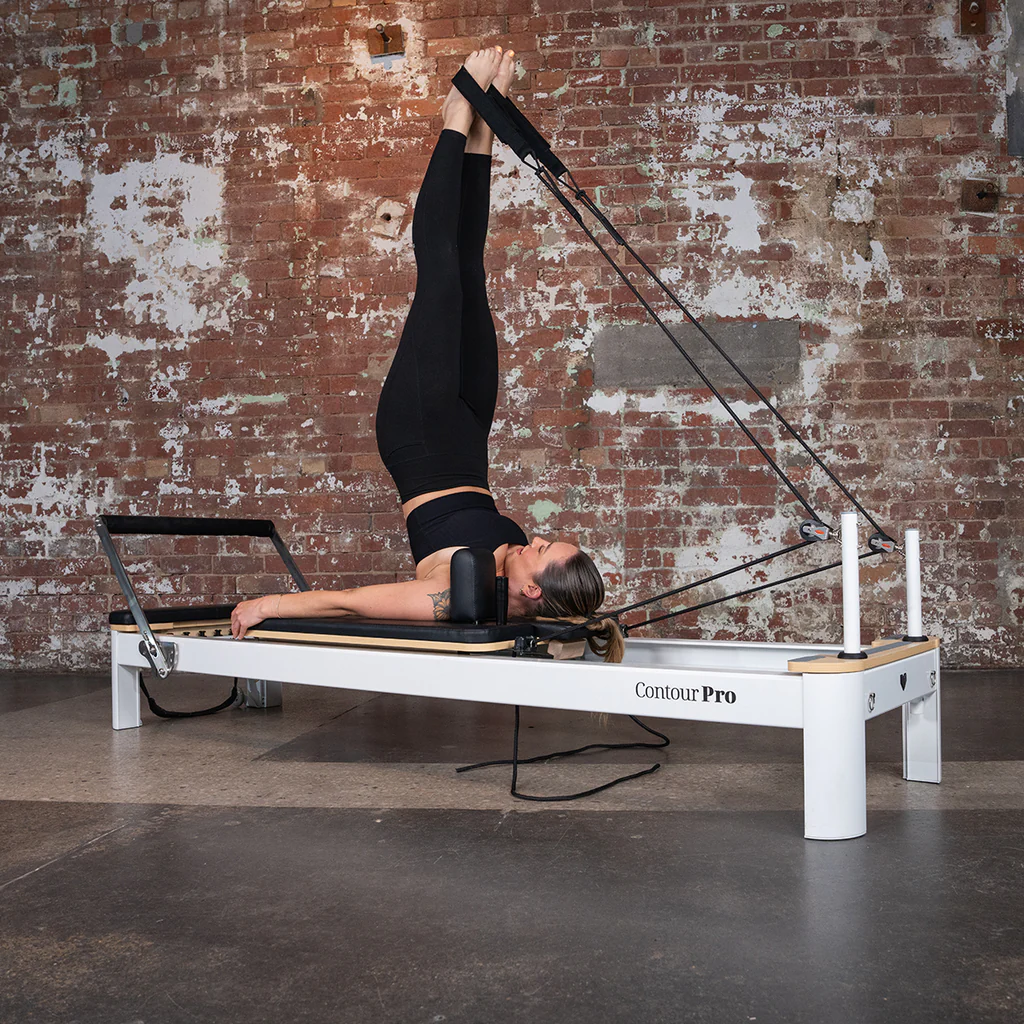Elevating your workspace with style and comfort.

From best sofa beds to luxurious leather sofas, our extensive collection is designed to combine comfort, functionality, and aesthetic appeal.
Furnish Your Home
Choose from a variety of designs that seamlessly blend with your office decor.
Discover Our Wide Range of Furniture




At The Home Office, we understand that furniture plays a crucial role in creating a productive and comfortable working environment. That’s why we offer a diverse selection of office furniture to suit various styles and preferences.

Unique Designs
Unwind after a long day with our recliner sofas. Combining comfort and functionality, our recliner sofas are perfect for adding a touch of luxury to your office.
High-End Quality
We pride ourselves on offering furniture that is built to last. Our products are crafted from high-quality materials to ensure durability and longevity.
Whether you are looking for modern, classic, or contemporary styles, our extensive range of furniture has something to suit every taste and preference.

Latest Posts
Unique Gift Boxes Perth: Perfect Presents for Your Loved Ones
Unique gift boxes have become increasingly popular when it comes to expressing love and appreciation. These one-of-a-kind presents have a certain charm that sets them apart from traditional gift options. In this article, we will explore the appeal of unique gift boxes, their emotional impact, and how to craft the perfect gift box for any...
Unique Father’s Day Hampers to Show Your Appreciation
Father’s Day is a special occasion dedicated to honoring the incredible fathers and father figures in our lives. One meaningful way to show appreciation for their hard work, dedication, and love is through thoughtfully curated hampers. In this article, we will explore what makes Father’s Day unique, how to choose the right hamper, the variety...
Top Christmas Gift Hampers for Your Colleagues
The holiday season is a time of joy and celebration, and what better way to spread cheer than by giving thoughtful gifts to your colleagues? Christmas gift hampers can be an excellent option, as they offer a variety of goodies wrapped up in a single package. This guide will explore the significance of gift-giving in...
Top Choices for Cheap Leather Sofas That Don’t Compromise on Quality
Looking to add some style and comfort to your living room without breaking the bank? A cheap leather sofa may be the perfect solution for you. While leather sofas are often associated with luxury and high prices, there are plenty of affordable options available that don’t compromise on quality. In this article, we will explore...
Top 10 Reasons to Choose Leather Sofas: Durability, Style, and Comfort
Leather sofas have long been a staple in home decor, exuding luxury and timeless elegance. Beyond their aesthetic appeal, leather sofas offer numerous practical benefits that make them an excellent choice for any living space. In this article, we will explore the top 10 reasons to choose leather sofas, focusing on their durability, style, and...
The Ultimate Guide to Sofa Beds: Stylish Solutions for Modern Living Spaces
Sofa beds are a versatile and stylish solution for modern living spaces. Whether you have a small apartment, a guest room, or simply want a multifunctional piece of furniture, sofa beds for sale offer the perfect blend of comfort and utility. This guide will walk you through everything you need to know about choosing the...
The Ultimate Guide to King vs. Queen Mattresses: Which One Is Right for You?
Choosing the right mattress can greatly impact your sleep quality, comfort, and overall well-being. Among the various options available, King and Queen size mattresses are the most popular choices for couples and individuals alike. This guide will help you understand the nuances between these two sizes, providing insights into their dimensions, advantages, and considerations that...
The Ultimate Guide to Choosing a Reformer Pilates Bed
Welcome to the ultimate guide that will help you navigate the wonderful world of Reformer Pilates! If you’re considering incorporating this transformative practice into your fitness regime or looking to enhance your home workout setup, choosing the right Reformer Pilates bed is essential. This article will break down everything you need to know, from understanding...
The Pros And Cons Of Remote Teams
The digital age has increased the number of telecommuters. There have always been industries in which workers were able to work from home. However, the technological quantum leap in the last twenty years has significantly increased the number of home workers. As a matter of fact, even some renowned Fortune 500 companies encourage remote work. In...
This is what makes us different
Hear from our customers.







Quality and Durability
We pride ourselves on offering furniture that is built to last. Our products are crafted from high-quality materials to ensure durability and longevity.
Wide Selection
Whether you are looking for modern, classic, or contemporary styles, our extensive range of furniture has something to suit every taste and preference.
Expert Advice
From space planning to product recommendations, we offer expert advice to make your shopping experience seamless.
Competitive Prices
Enjoy premium quality furniture at competitive prices. We offer great value for money without compromising on quality or style.









